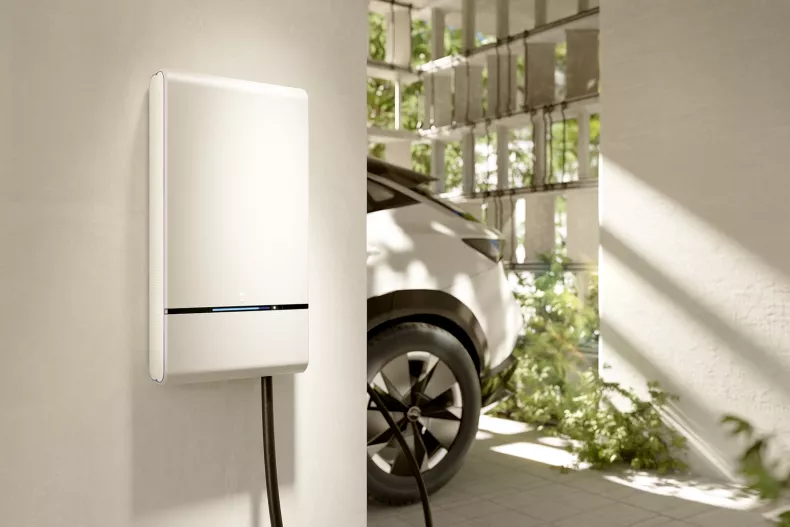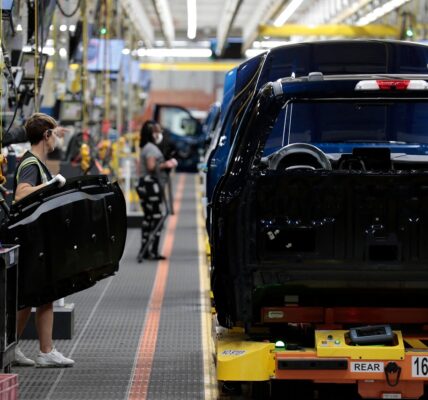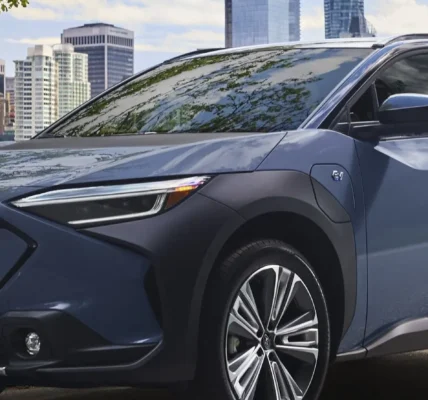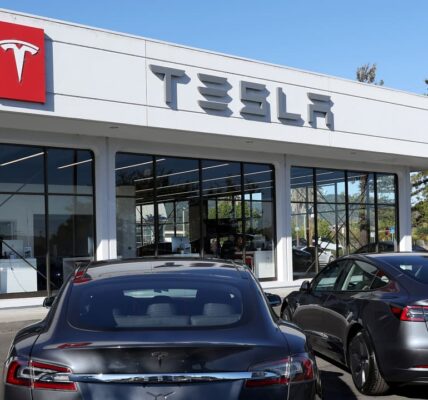Americans are understandably anxious about switching to electric vehicles after more than 100 years of using gasoline. Two of the top three concerns about EVs surround the charging, with 60 percent of AAA survey respondents saying there are not enough places to charge; and 58 percent are concerned about running out of charge when driving.
Home Level 2 (240-volt) wall-mounted charging boxes or Electric Vehicle Supply Equipment (EVSE) are the answer to this, virtually eliminating the need for public charging for the owner. Most Level 2 chargers can fill up everything but the biggest electric vehicles in an 8- to 10-hour overnight timespan. But there are almost as many varieties of chargers as EV themselves.
Level 2 chargers are an additional expense as most manufacturers only provide Level 1 chargers with the vehicle, though Tesla recently made its Level 1 charger optional. Those chargers work well for plug-in hybrids with a small battery, but they can take dozens of hours to recharge a 300-mile EV.
The Ford F-150 Lightning comes standard with a Mobile Power Cord, which is good for 30 amps of charging power. Optionally buyers can choose the Ford Charge Station Pro, which requires professional installation, for $1,310.
The Chevrolet Bolt also comes with a Level 1 charge cord, but recommends adding the Dual Level Charge Cord (standard on the Bolt EUV) for faster home charging if buyers have access to a 240-volt outlet. Chevrolet will also cover the cost of installation if a Level 2 home charger is bought.
For the Mercedes-EQ EVs, a Level 1 charger is optional. It doesn’t offer a Level 2 from the factory, but recommends the ChargePoint Home Flex charger, which is $725 on Amazon.
Nissan recently announced a partnership with Wallbox, an electric vehicle charging company, so owners of the 2023 Nissan Leaf and the forthcoming 2023 Nissan Ariya will be able to add the Level 2 charger to their purchase.
Level 2 chargers not coming from manufacturers range between $500 and $1,000 though professional installation will cost extra on the chargers that don’t plug in to a standard 110-volt outlet. Buyers that have a 240-volt circuit already in the garage will get a price break that installation.








